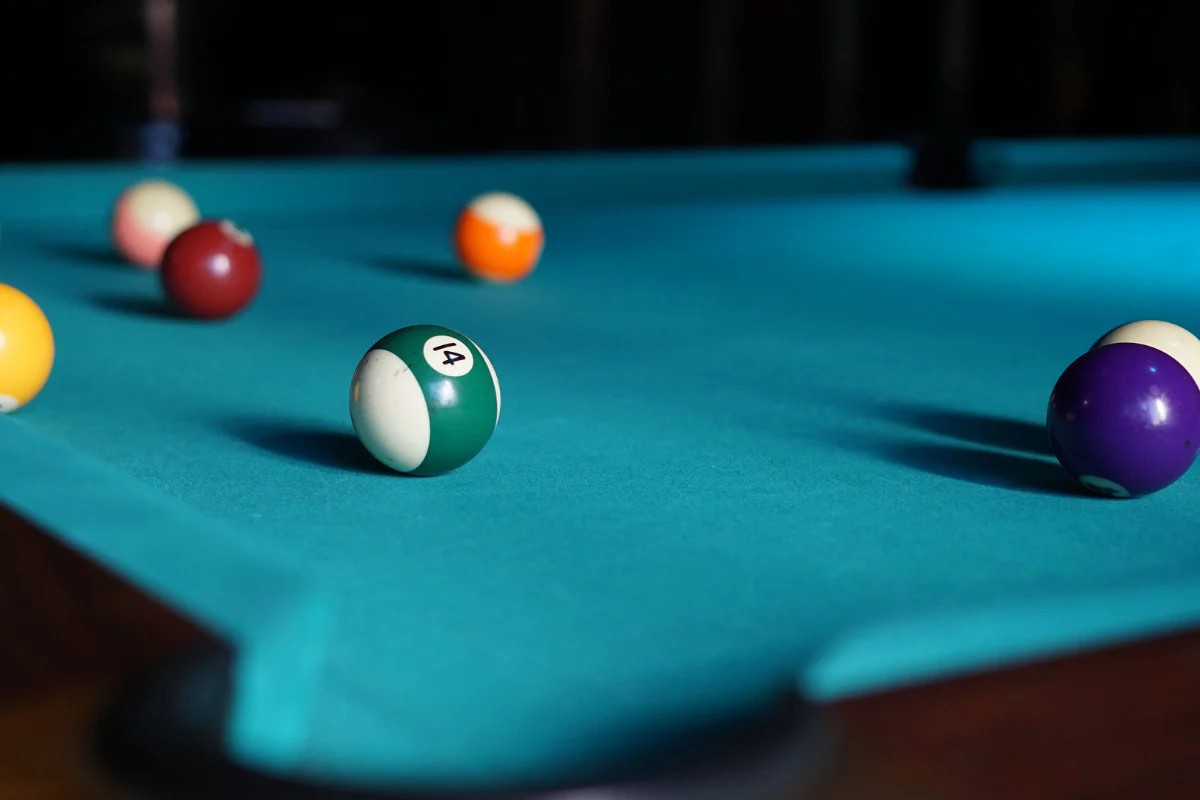All ages and skill levels enjoy pocket billiards, or pool. Pool is enjoyable and tough in competitions or with friends. To enjoy and enhance your pool game, you must know the basics, from tools and regulations to techniques. Pool’s history, equipment, game varieties, tactics, and benefits are covered here.
A Brief History of Pool
Pool originated in Europe around the 15th century. Croquet players use wooden sticks to strike balls through ground-based wickets. Moving this outdoor game indoors inspired a table top version with six compartments, a level surface, and side cushions. Early pool tables had wood frames and green linen grass-like playing surfaces.
The game changed names and formats throughout Europe and America. The term “billiards” mainly meant cue sports. The game’s popularity and gambling parlor’s betting “pools” become “pool” America’s most used word. Today, people worldwide play pool in billiard halls, homes, and clubs for fun and tournaments.
Essential Pool Equipment
A billiard table, cue sticks, and balls are essential pool equipment. Each piece of equipment is important to the game, thus knowing its features might help you choose.
Regular pool tables are most popular at 7 feet, 8 feet, and 9 feet. Tables are covered in felt to help balls glide. Bank shots and other strategic plays are feasible when balls rebound off edge cushions.
A cue stick hits the balls. Players choose weight and length of cues. Wood is the most popular cue material, however modern models may use fiberglass or graphite for durability. Different playing styles balance power and control while choosing a cue.
Techniques and Strategies for Pool Playing
Success in pool goes beyond luck. Improve your game by mastering methods. Cue ball manipulation is fundamental. To position your next shot, hit the cue ball at different angles to change its speed, spin, and direction. With practice, you can set up shots and avoid scratches with cue ball control. Targeting and shot selection are important pool skills. Players use ghost ball aiming to visualize a phantom ball hitting the object ball at the right angle. Practice aim and shot planning to improve line-up and shot execution.
The game is more strategic with bank and combination shots. Bank shots require the cue ball to bounce off the cushion, whereas combination shots require striking one object ball to pocket another. Both ways are difficult, but experienced players can use them.
The Mental Game of Pool
Pool requires mental and physical skills. Player success requires focus, concentration, and patience. Pool players must plan, anticipate, and keep calm under pressure. Competitive play requires mental toughness because worry and distractions can hinder performance. Just like the Best pool player of all time, mastering the mental aspect of the game can set you apart from the competition. Another useful mental tool is pool imagining. To increase accuracy, watch the ball’s trajectory before shooting. Mental preparation boosts confidence and game dominance.
Pool improves concentration and problem-solving. To outwit opponents, players must constantly check the table, calculate angles, and plan attacks. Mental training can boost cognition and decision-making elsewhere. Pool is great for making friends.
Conclusion
Many like pool, which mixes skill, strategy, and socializing. Mastering equipment, methods, and mental game can help you enjoy the game, whether you’re playing for fun or competitively. Pool may become a lifelong passion that challenges your body and mind with practice.







